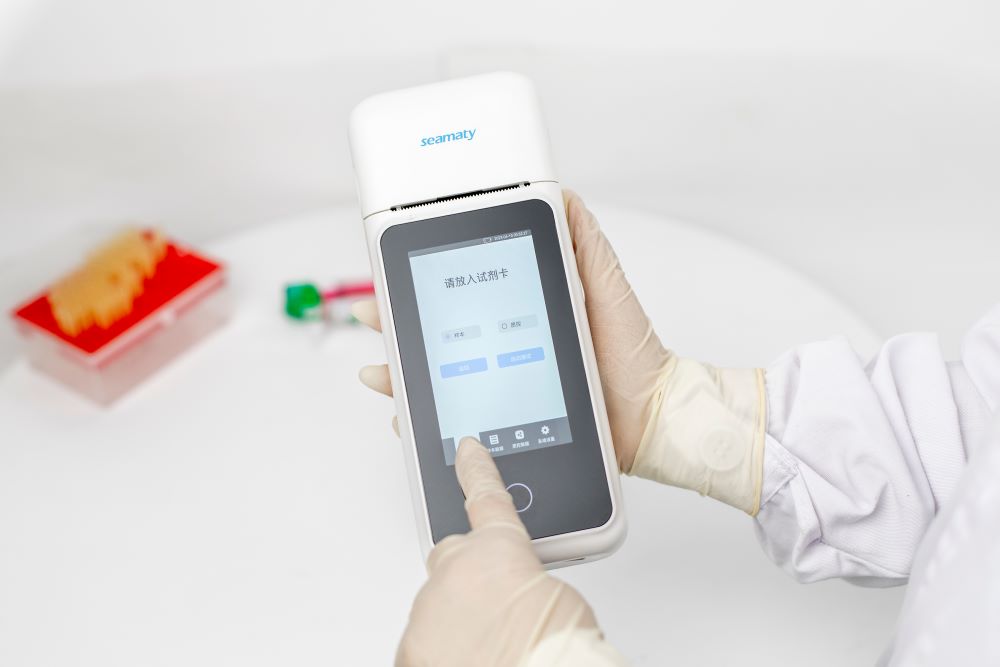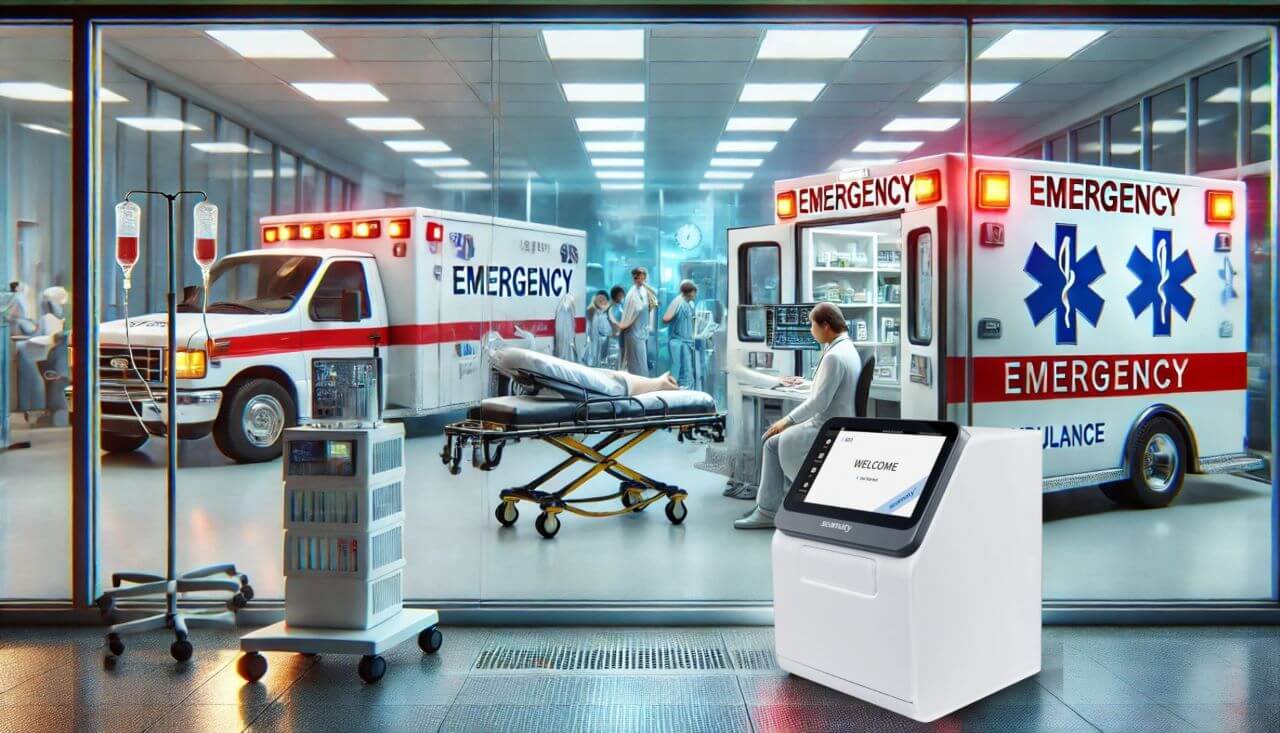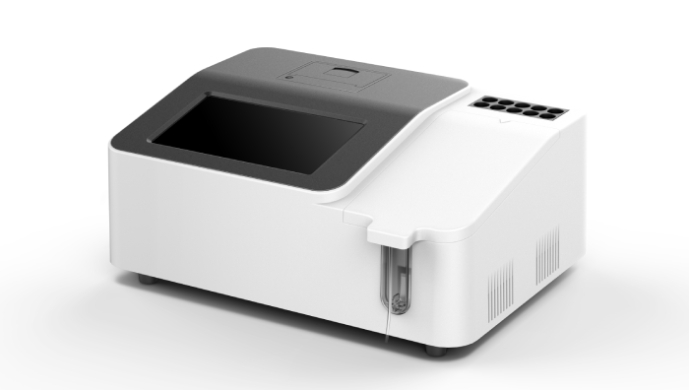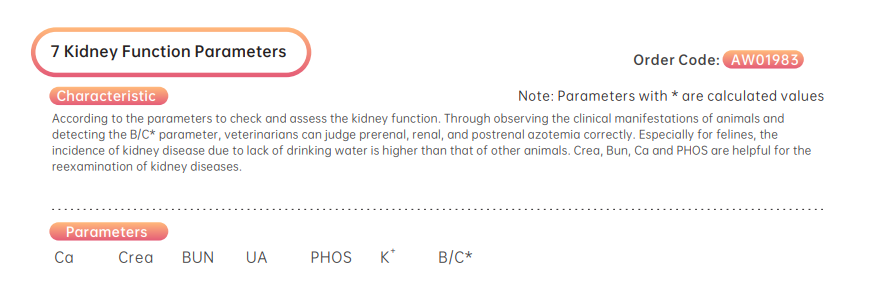release time:2024-02-20 15:14:24

A blood gas analyzer is a medical device used to measure gases (such as oxygen, carbon dioxide), pH, and electrolyte concentrations in the blood. It plays a crucial role in the medical field, aiding healthcare professionals in understanding a patient's physiological status. These instruments are primarily used in emergency rooms, operating rooms, and intensive care units, providing timely and accurate physiological data by measuring gas concentrations and electrolyte levels in the blood. The measurement principles include electrochemical sensors, optical sensors, ensuring high sensitivity and accuracy.
- RAPIDLab 1200: Fully automated blood gas analyzer for emergency rooms, ICUs, and operating rooms.
- RAPIDLab 800: Compact blood gas analyzer for small to medium-sized hospitals and clinics.
- RAPIDPoint 500: Bedside blood gas analyzer for rapid testing of critically ill patients.
- Price Range: $1200-$8000
- Cobas b 123: Fully automated blood gas analyzer for emergency rooms, ICUs, and operating rooms.
- Cobas b 121: Compact blood gas analyzer for small to medium-sized hospitals and clinics.
- Cobas b 125: Bedside blood gas analyzer for rapid testing of critically ill patients.
- Price Range: $1500-$2500
- i-STAT: Handheld blood gas analyzer for emergency rooms, ICUs, and operating rooms.
- GEM Premier 3000: Compact blood gas analyzer for small to medium-sized hospitals and clinics.
- GEM Premier 4000: Bedside blood gas analyzer for rapid testing of critically ill patients.
- Price Range: $2500-$5000
- ABL90 FLEX: Fully automated blood gas analyzer for emergency rooms, ICUs, and operating rooms.
- ABL80 FLEX: Compact blood gas analyzer for small to medium-sized hospitals and clinics.
- ABL700 FLEX: Bedside blood gas analyzer for rapid testing of critically ill patients.
- Price Range: $1200-$3000
- AU480: Fully automated blood gas analyzer for emergency rooms, ICUs, and operating rooms.
- AU270: Compact blood gas analyzer for small to medium-sized hospitals and clinics.
- AU5800: Bedside blood gas analyzer for rapid testing of critically ill patients.
- Price Range: $17,000-$60,000
- XE-2100: Fully automated blood gas analyzer for emergency rooms, ICUs, and operating rooms.
- XE-5000: Compact blood gas analyzer for small to medium-sized hospitals and clinics.
- XE-6000: Bedside blood gas analyzer for rapid testing of critically ill patients.
- Price Range: $1200-$3000
- RAPIDLab 1200: Fully automated blood gas analyzer for emergency rooms, ICUs, and operating rooms.
- RAPIDLab 800: Compact blood gas analyzer for small to medium-sized hospitals and clinics.
- RAPIDPoint 500: Bedside blood gas analyzer for rapid testing of critically ill patients.
- Price Range: $1200-$8000
- GEM Premier 5000: Fully automated blood gas analyzer for emergency rooms, ICUs, and operating rooms.
- GEM Premier 4000: Compact blood gas analyzer for small to medium-sized hospitals and clinics.
- GEM Premier 3500: Bedside blood gas analyzer for rapid testing of critically ill patients.
- Price Range: $15,000-$25,000
- BGA-102, Ucare-6000: Bentchtop compact blood gas analyzers.
- Price Range: $600-$2500
- EDAN i-15, EDAN i20: Bentchtop compact blood gas analyzers.
- Price Range: $1500-$5800
(Note: The above product prices are gathered from the internet and are for reference only.)
Choosing a suitable blood gas analyzer is crucial, considering factors such as performance, price, and after-sales service. In addition to basic test parameters, consider the ease of use, maintenance costs, and the reputation of the manufacturer. Choose a brand and model with stable performance and excellent after-sales service to ensure long-term reliable use.
Among the numerous options, the Seamaty SG1 blood gas and electrolyte analyzer is noteworthy. This handheld POCT blood gas analyzer combines blood gas and electrolyte analysis using microfluidic and microbiological sensing technologies. Its high-quality lab results, portable design, quick test results, and small sample volume make it an ideal choice for various scenarios. Manufactured by a global company, the Seamaty SG1 offers timely and convenient after-sales maintenance and is more affordable than most blood gas analzyer on the market.
The future of blood gas analyzers is expected to be more compact, intelligent, and automated. With continuous technological advancements, devices may adopt more advanced sensing technologies to enhance testing speed, accuracy, and data processing capabilities. Intelligent interfaces and automated testing processes will further simplify healthcare professionals' operations. As the medical field evolves, the blood gas analyzer market will witness multi-dimensional development. The increasing demand for personalized healthcare may lead to the emergence of more customized blood gas analyzers, and innovations are anticipated in smart healthcare and data interconnectivity.
This article has introduced the top 10 blood gas analyzer brands, including Siemens, Roche, Abbott, Radiometer, Beckman Coulter, Sysmex, Bayer, Werfen, Wondfo, and EDAN, providing detailed information on their product models and price ranges. When selecting a blood gas analyzer, it is essential to consider various factors such as performance, price, and after-sales service. The article highlights the Seamaty SG1 blood gas and electrolyte analyzer for its portability, testing efficiency, and cost-effectiveness, especially for budget-constrained medical institutions.
In the future, blood gas analyzers are expected to embrace trends of miniaturization, intelligence, and automation. Technological advancements will improve testing speed and accuracy, while intelligent interfaces will simplify healthcare professionals' operations. In the market, increased demand for personalized healthcare may lead to the development of more customized products, and innovations are anticipated in smart healthcare and data interconnectivity. In this evolving landscape, blood gas analyzers will continue to provide critical physiological data, contributing to more precise medical diagnostics and treatments.
Related further reading:
1. Top 8 Blood Gas and Electrolyte Analyzers in 2024: Brands, Features, Prices
2. Decoding Blood Gas Analyzers(BGA): Selecting, Applications, and Top 6 Picks
3. Handheld Blood Gas Analyzers Comparison: Abbott i-STAT vs. Siemens EPOC vs. Seamaty SG1

2025-02-14
Discover how the Seamaty SD3 POCT device can handle 80% of emergency tests with fast, accurate, and automated diagnostics. Ideal for small hospitals, clinics, and urgent care centers, this fully automated biochemistry analyzer improves efficiency and reduces costs. Learn why it's a must-have for emergency testing.

2022-03-22
A semi-automatic biochemistry analyser is more cumbersome than a fully automatic one. But one wonders why they don't use microplate readers for biochemistry tests.

2022-03-10
Azotemia is an increase in the concentration of urea and creatinine and other non-protein-derived nitrogenous wastes in the blood due to impaired excretion of nitrogenous wastes by the kidneys, resulting in azotemia in pets.